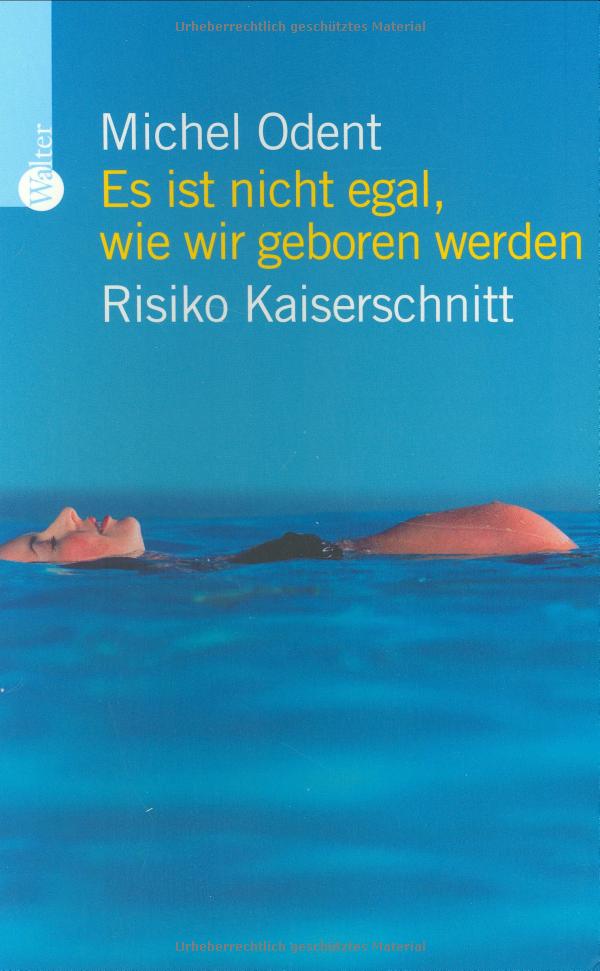Intestinal flora – Caesarean section – Breastfeeding
Caesarean section and artificial infant food - consequences for baby's intestinal flora
The baby has to build up the intestinal flora after birth/cesarean section. Cesarean section and bottle feeding are not natural. Both can therefore be a cause for later diseases such as allergies.
Canadian researchers found out that the type of birth and the early nutrition determine the composition of the bacteria in the intestine. The team around Meghan Azad from the University of Alberta in Edmonton reported this in the scientific journal "Canadian Medical Association Journal" (CMAJ).
At birth, a child's intestine is still germ-free. Which bacteria colonize the digestive tract influences health later in life. A disturbed intestinal flora is associated with problems such as asthma, allergies or obesity.
The researchers now determined in 24 children how the intestinal flora develops in early life - depending on birth type and diet. For this purpose, they examined stool samples from infants aged three to four months for the DNA of bacteria. They then compared the results with birth type, diet and other factors such as taking medication. Six children were born by caesarean section and ten were breastfed. Less abundance and diversity Our book recommendation. Title of the original English edition:
Our book recommendation. Title of the original English edition:
The Cesarian 2002
Result: The type of birth and the nutrition influenced the number and composition of the bacteria. Children born by Caesarean section had a smaller amount of microorganisms in the intestine. Also the variety of bacteria was smaller, germs of the common genus Bacteroides were missing completely. The importance of this is emphasized in a supplementary commentary written by three researchers around Rob Knight from the University of Colorado in Boulder. "Early interaction with beneficial bacteria trains the babies immune system and is therefore crucial for a healthy immune response and metabolism. Early nutrition also left traces in the intestines: children who were bottle fed had a particularly high germ count. Among the bacteria, the researchers also found the pathogen Clostridium difficile, which is associated with intestinal diseases."
Breastmilk promotes colonisation
The commentators explain the benefits of reduced bacterial diversity in breastfed children as follows. "Breastmilk, rich in prebiotics, promotes the colonization of beneficial bacteria and restricts colonization by harmful ones." The results of the study are also important for Germany: as in other industrialised countries, the number of Caesarean sections in Germany is increasing. Almost every third child in Germany is born as a result of such an operation. In 1991, the proportion was still around 15 percent.
"The study is part of a series of studies that have clearly shown that the intestinal flora plays a role in the later likelihood of disease," says Professor Frank Louwen of the German Society of Gynaecology and Obstetrics (DGGG). It is certain that Caesarean section children become ill more often than children who are born in the normal way, says the gynaecologist from the University of Frankfurt am Main and refers to allergies or asthma. If babies are born by caesarean section and are exclusively bottle fed the risk increases, Louwen emphasises: "You can see how important it is to prepare women optimally for childbirth".

